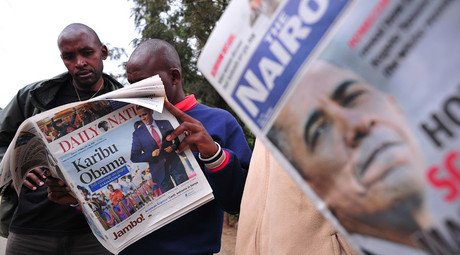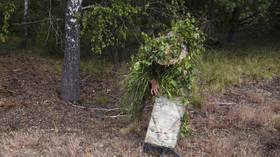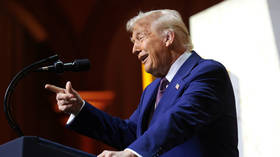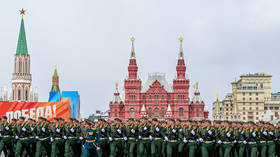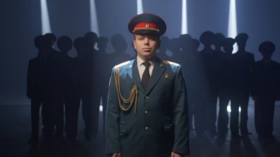Behind the scenes: US involved in Mali since 9/11
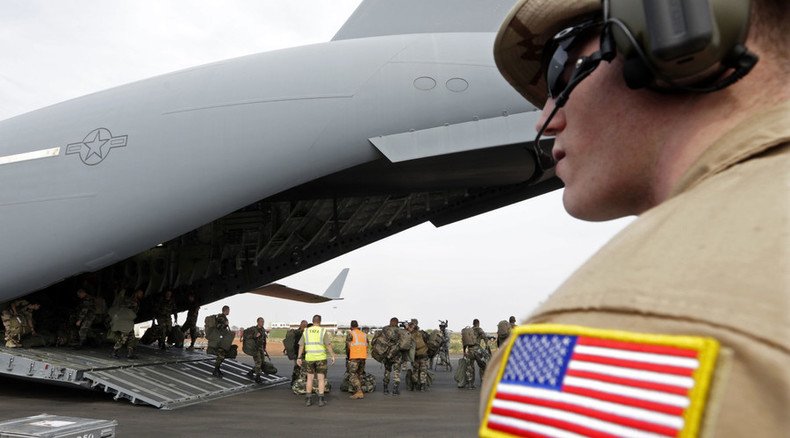
US Africa Command has confirmed that two special operatives assisted Malian security forces during the hostage siege at the Raddison Blu hotel in Bamako on Friday. An al-Qaeda group has claimed responsibility for the attack, which killed least 20 people.
Terrorists stormed the luxury hotel in Mali’s capital on Friday, taking some of the staff and guests hostage. About a dozen Americans were at the hotel for a conference at the time, including several employees of the US Embassy in Bamako, State Department spokesman John Kirby confirmed.
Citing UN sources in Bamako, Reuters reported the death toll from the siege as 27. Colonel Salif Traore, Mali’s security minister, put the number of victims at 20. The State Department later said that one American was among the dead, but did not release the victim’s identity.
Just 2 US Special Operators helped Bamako hotel rescue - but why were they in Mali at all? There's a strategic tale: https://t.co/dX9BdrOMmU
— Sydney Freedberg (@SydneyFreedberg) November 20, 2015The Malian troops that stormed the hotel were advised by two special forces operators, who helped move the American hostages to safety once they were rescued, Colonel Mark Cheadle, spokesman for the US Africa Command (AFRICOM), told Breaking Defense. He maintained that the operatives were not directly involved in the hostage rescue operation, however.
Classified documents that have been shown to NBC News indicate that US special operatives in Mali have been assisting the government in Bamako with anti-terrorist operations since 2001. AFRICOM has been in charge of those efforts since the command was established in 2007.
AFRICOM has been involved in fighting a number of Islamist insurgencies in Libya, Chad, and Mali, since the 2011 intervention in Libya, when NATO backed rebels against the government of Colonel Muammar Gaddafi.
In 2012, Tuareg tribesmen from the desert in the north of the country used weapons and experience acquired in the Libyan conflict to seize the key cities of Kidal, Timbuktu, and Gao, declaring an independent state of Azawad. They quickly reversed their decision, however, after a betrayal by their Islamist allies. When France sent troops to Mali in January 2013, the Tuaregs sided with the French and the Malian government against the Islamists. With the Islamists forced into hiding, France officially concluded “Operation Serval” in July 2014.
Some analysts saw the Pentagon’s hand behind the French intervention at the time. At the height of the Tuareg rebellion in March 2012, the military overthrew the government of President Amadou Toure. The leader of the coup, Amadou Haya Sanogo, had been trained in the US at Ft. Benning in Georgia and the US Marine Corps base in Quantico, Virginia, as a participant in the State Department-run International Military Education and Training program. He also studied English at Lackland Air Force Base in Texas, AFRICOM public affairs representative Patrick Barnes confirmed to the Washington Post in 2012.
Sanogo’s junta ruled Mali for 20 days before ceding power to an interim civilian government. The junta boss was promoted to general in August 2013, only to be arrested on charges of war crimes in November of that year.
Friday’s hotel attack was claimed by al-Mourabitoun, an Al-Qaeda group involved in the 2012 conflict. AFRICOM officials say that Al-Qaeda is the overarching terrorist enemy in the region, even though the Boko Haram movement in nearby Nigeria has sworn allegiance to Islamic State in Syria and Iraq (also known as ISIS/ISIL).
A similar attack shook Mali in August, when a suspected jihadist gunman killed 13 people at a hotel in the town of Sevare.
READ MORE: 13 killed after gunmen take foreigners hostage in deadly Mali hotel attack
Rather than intervene directly, however, the US has chosen to deploy special operators as advisers to local governments and provide logistical support to allies such as France.
“There are a lot of capable partners down there,” AFRICOM chief Army General David Rodriguez said at a defense reporters’ event on Friday, shortly after the attack in Bamako.
